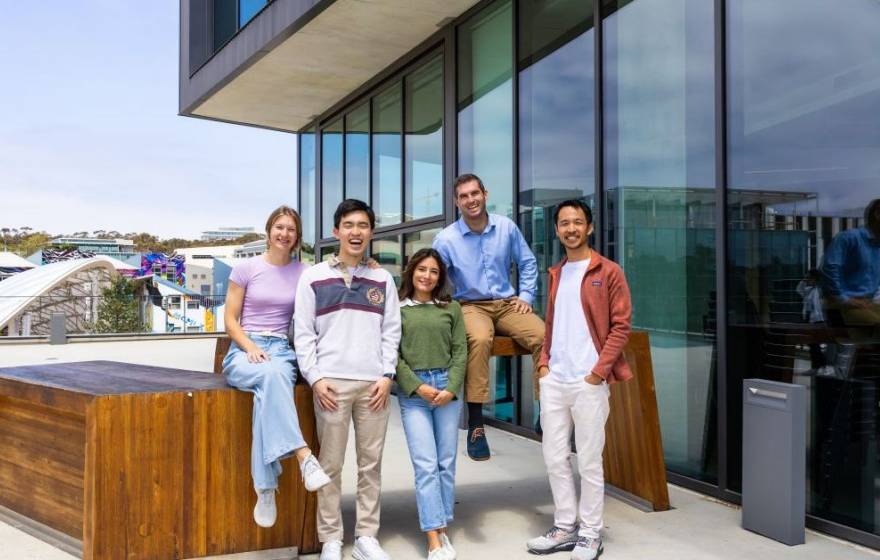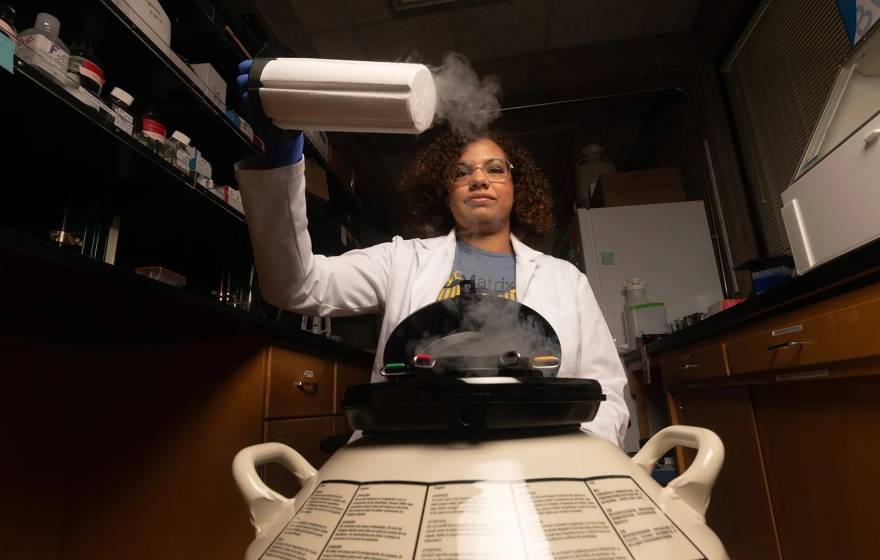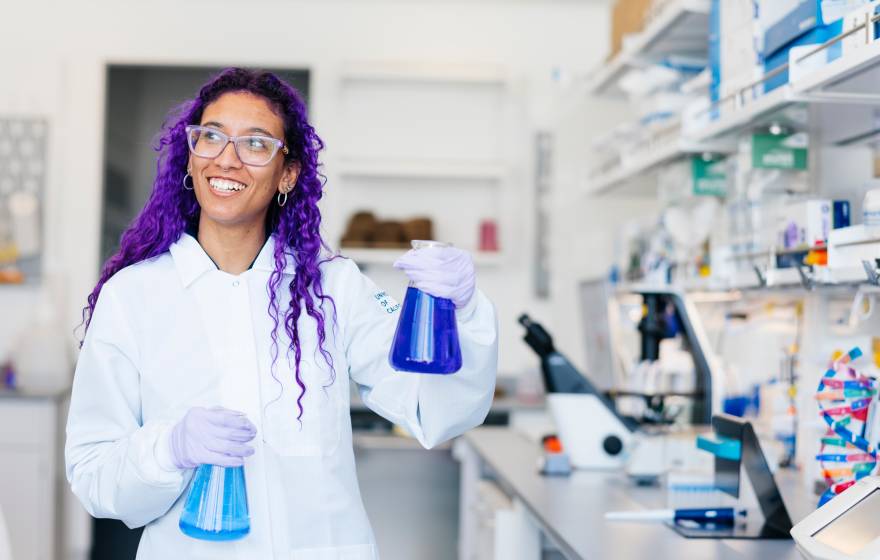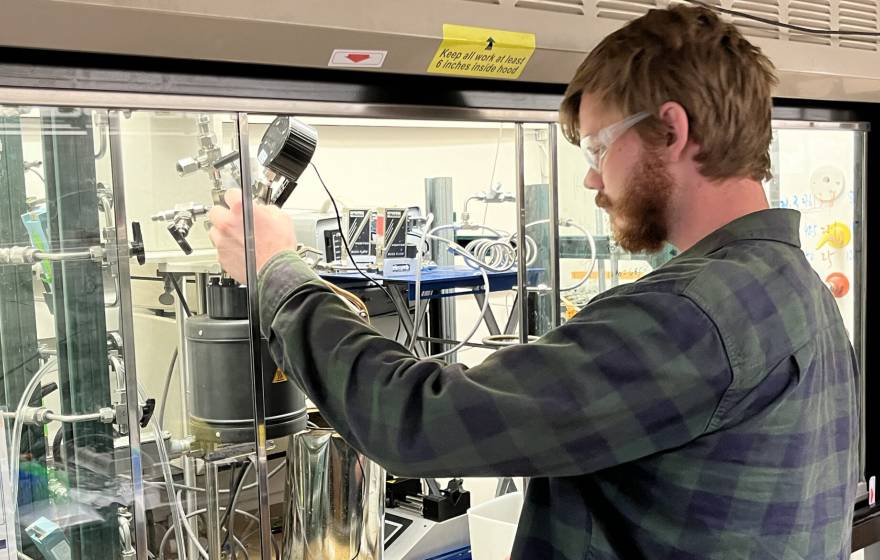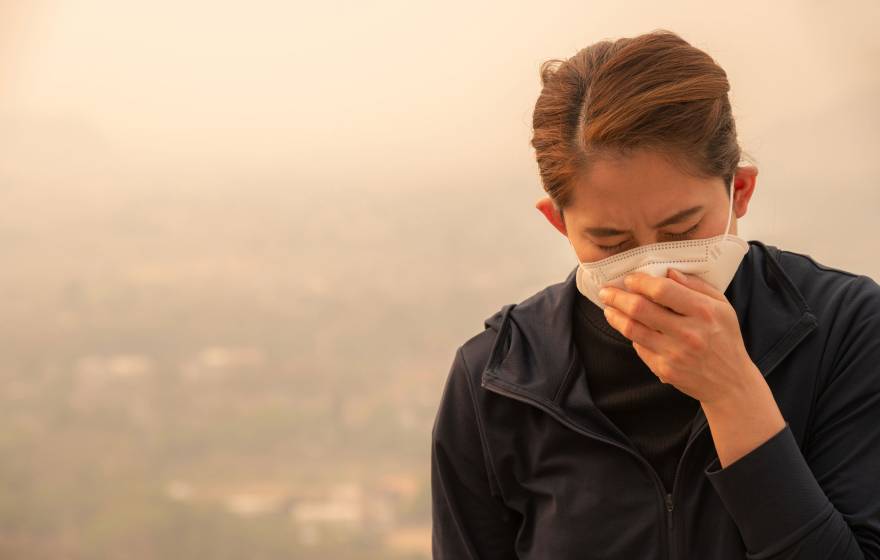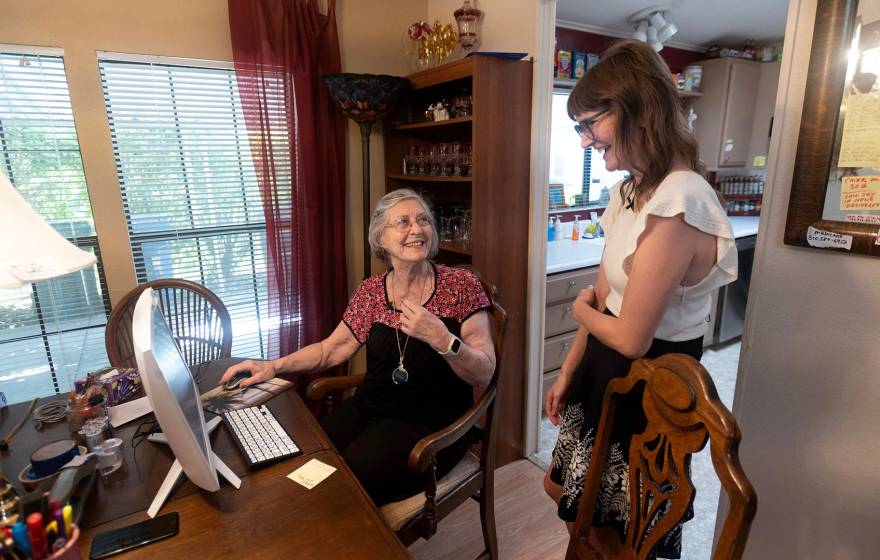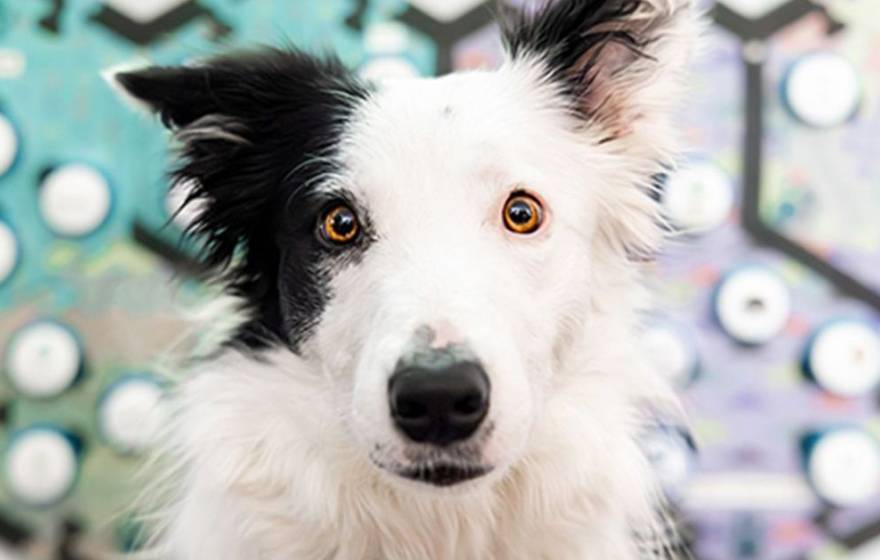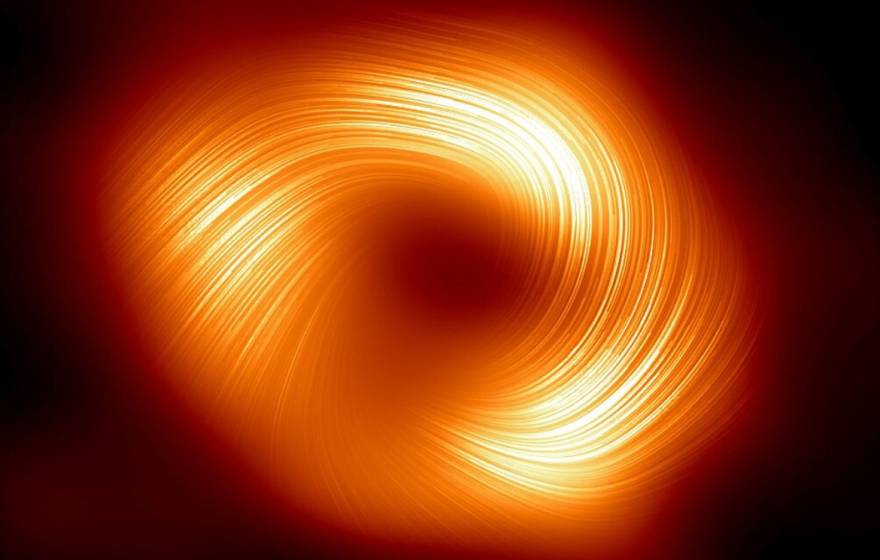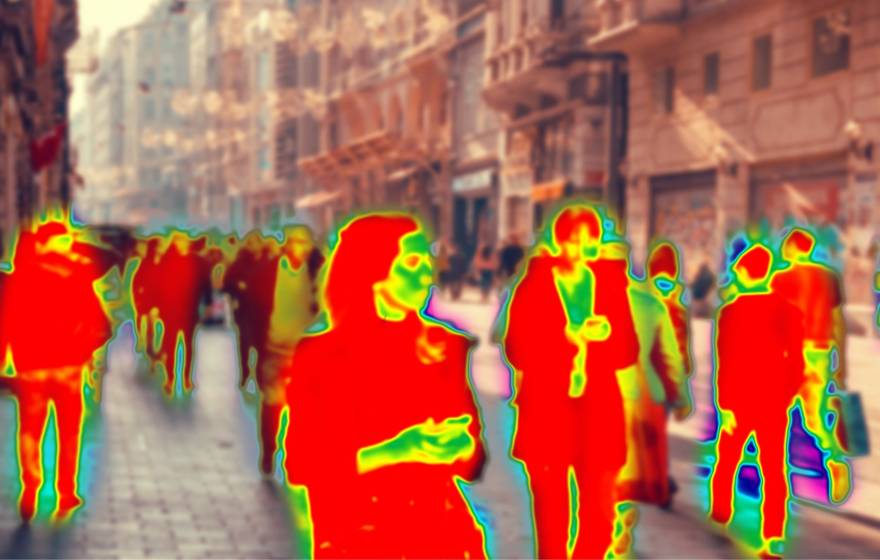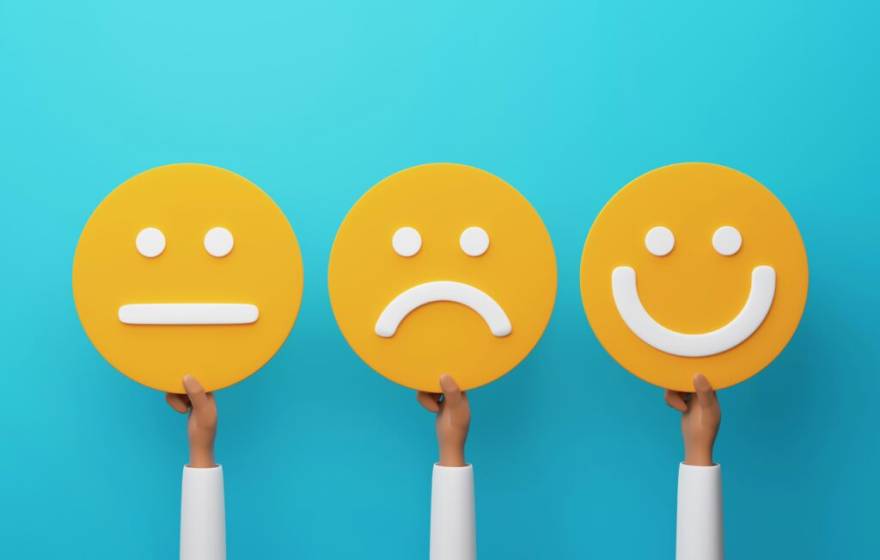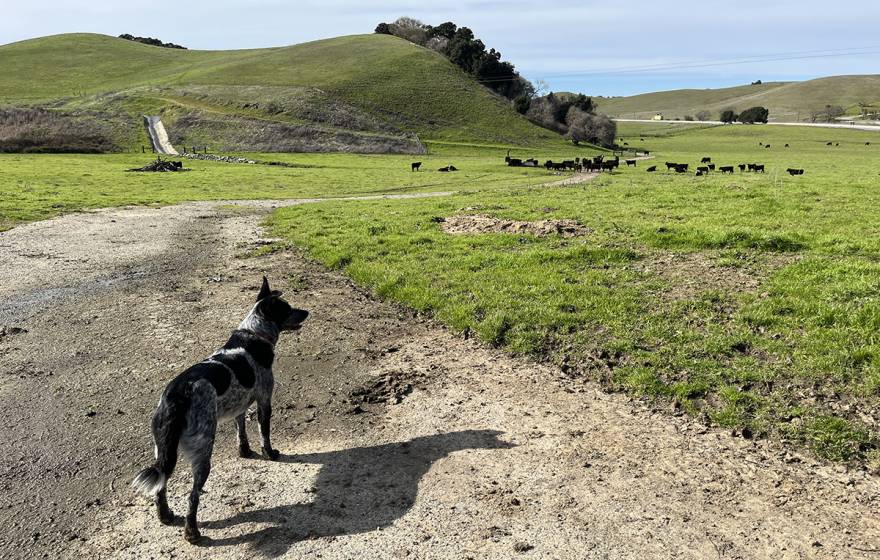UC San Diego |
Blood pressure readings at your fingertips
Billion Labs, a company founded by electrical engineers at UC San Diego, wins a design award for their at-home health app.
UC Santa Barbara |
New study reveals changes in the brain throughout pregnancy
Emily Jacobs’ lab at UC Santa Barbara have shed light on this understudied area with the first-ever map of a human brain over the course of pregnancy.
UC Davis |
The promise of alternative proteins
Can we meet the global demand for meat? Food scientists at UC Davis are studying how to make beef using cow stem cells.
UC Newsroom |
National Science Foundation awards the University of California a $2.5M grant for its CAMP program
The innovative effort has helped propel a 580 percent increase in underrepresented students in science, technology, engineering and math at UC over the past three decades.
UC Berkeley |
New process vaporizes plastic bags and bottles, yielding gases to make new, recycled plastics
The catalytic process, discovered by researchers at UC Berkeley, efficiently reduces polymers to chemical precursors, bringing a circular economy for plastics one step closer to reality.
UC Newsroom |
You know wildfire smoke is bad for you. But did you know it's this bad?
Breathing wildfire smoke harms our lungs — but the damage doesn't stop there. And UC research finds that wildfire smoke could be 10x more toxic than smoke from "everyday" sources like traffic and industry.
UC Davis |
Innovative new technology helps seniors age in place
Interactive tech can help older adults live alone and ease caregiver fatigue.
UC San Diego |
Dogs understand words from soundboard buttons, study reveals
The study is the first empirical paper to emerge from the world’s largest longitudinal project on button-trained pets.
UCLA |
Dark matter could have helped make supermassive black holes in the early universe
Radiation from dark matter may have kept hydrogen gas hot enough to condense into black holes.
UC Santa Barbara |
Mosquitoes sense infrared from body heat to help track humans down
It’s not quite heat vision, but mosquitoes do use thermal infrared to find human hosts.
UC Berkeley |
Stop worrying about being happy
New psychology research suggests worrying about being happy makes people unhappy.
UC Newsroom |
UC study addresses the nexus of the housing crisis, climate change, and habitat loss
Researchers funded by a California Climate Action Seed and Matching Grant are examining how the urban housing crisis drives development to natural areas.
